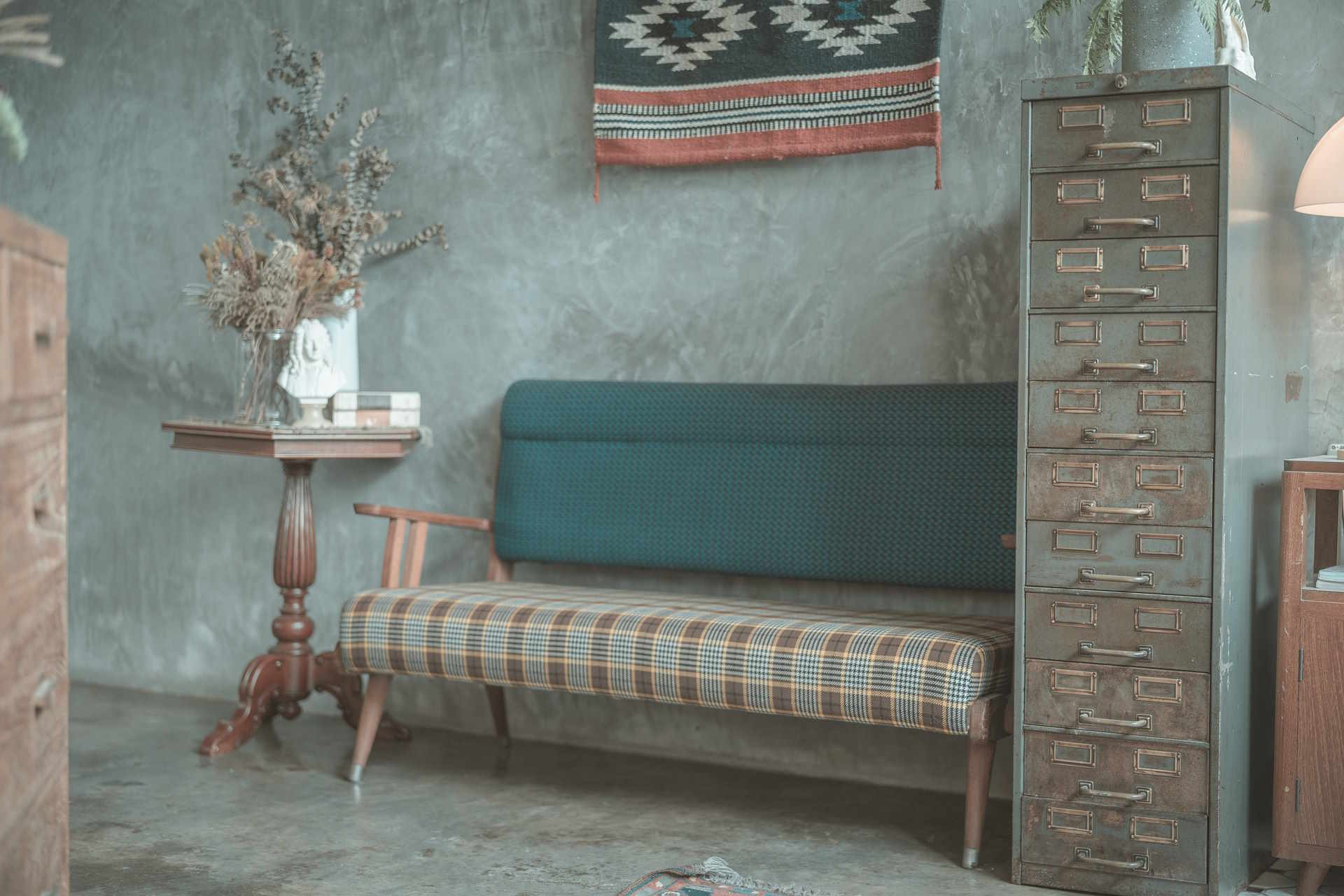"Decoding the Potential of Manufactured Housing: A New Wave in Real Estate"
Introduction: The real estate landscape is ever-changing, and one of the rising stars in this dynamic market is manufactured housing. As affordability becomes a growing concern in the traditional housing market, the concept of manufactured homes offers a promising solution.

Understanding the Manufactured Housing Market
Manufactured housing, also known as mobile homes or trailer homes, has its roots in the post-World War II era. These homes were initially designed as a low-cost housing option for returning veterans and their families. Over the decades, their popularity waned due to negative perceptions about quality and durability. However, recent advancements in construction technology and regulatory changes have revived interest in this segment of the real estate market.
Current Market Trends in Manufactured Housing
Today, the manufactured housing industry is experiencing a resurgence. According to data from the U.S. Census Bureau, manufactured homes accounted for 10% of all new single-family home starts in 2018, up from 6% in 2009. This growth trend is driven by factors such as rising housing costs, an aging population seeking affordable retirement options, and a growing acceptance of manufactured homes as a viable alternative to traditional site-built homes.
The Pros and Cons of Investing in Manufactured Housing
Investing in manufactured housing presents both opportunities and challenges. On the positive side, these homes generally offer higher yields compared to conventional residential properties due to their lower acquisition costs. They also provide a solution to the affordability crisis, particularly in urban areas with high land values.
However, investors should also be aware of potential pitfalls. For instance, financing options for manufactured homes can be more limited and typically come with higher interest rates. Moreover, these properties can depreciate over time, unlike traditional homes that typically appreciate in value.
Impact on Buyers, Sellers, and Investors
The rise of manufactured housing could have significant implications for various stakeholders in the real estate market. For buyers, this trend provides an affordable alternative to traditional homes, especially in high-cost areas. For sellers, it offers a new market segment with growing demand. For investors, it presents a unique opportunity to diversify their portfolio and tap into a rising trend.
Key Takeaways
The manufactured housing market is an emerging trend in the real estate industry that offers potential benefits to buyers, sellers, and investors alike. However, like any investment, it comes with its own set of risks and challenges. As with any real estate decision, thorough research and due diligence are essential to navigating this evolving market segment.
In conclusion, the resurgence of manufactured housing reflects the dynamic nature of the real estate market and the constant evolution of housing solutions. As we move forward, it will be interesting to see how this sector develops and what impact it will have on the broader housing market.




